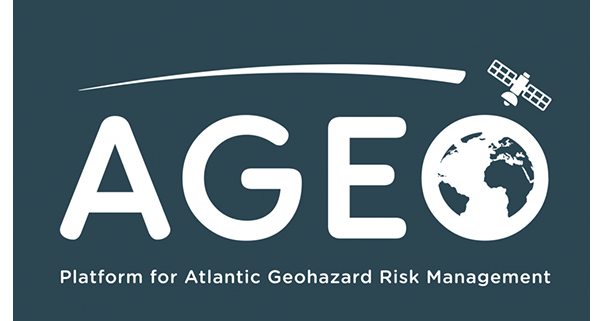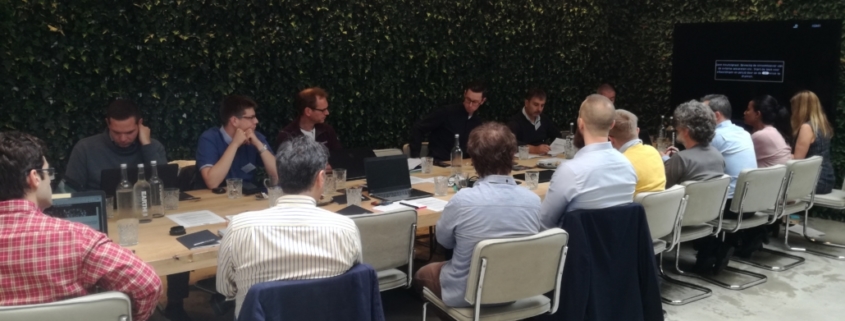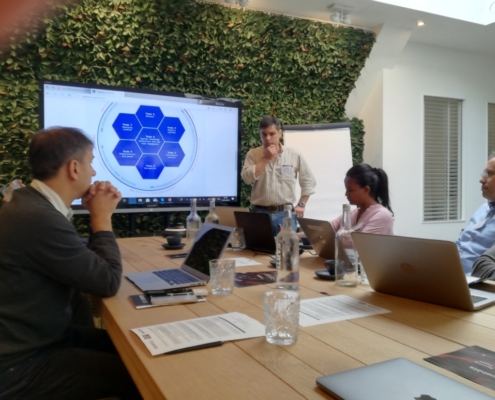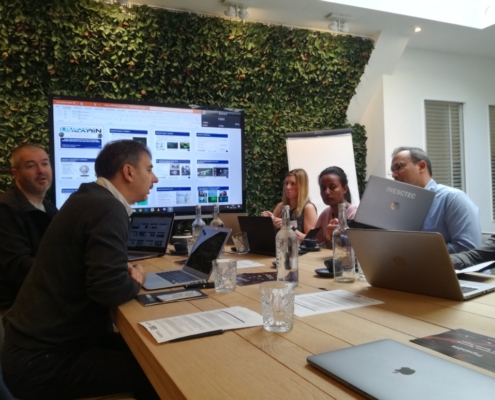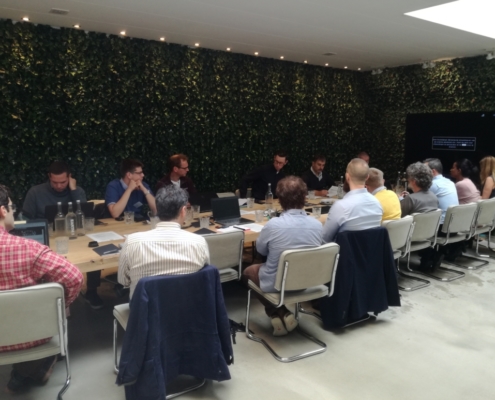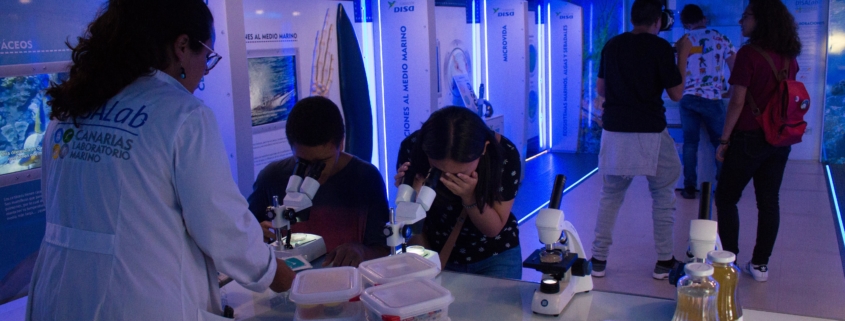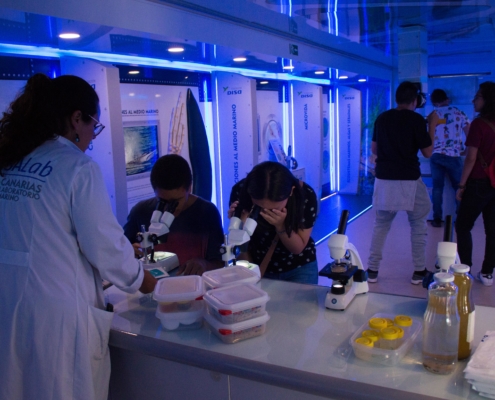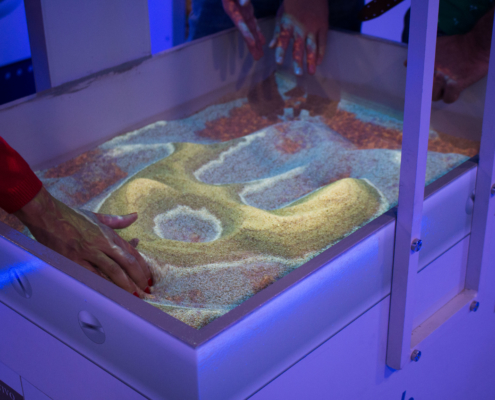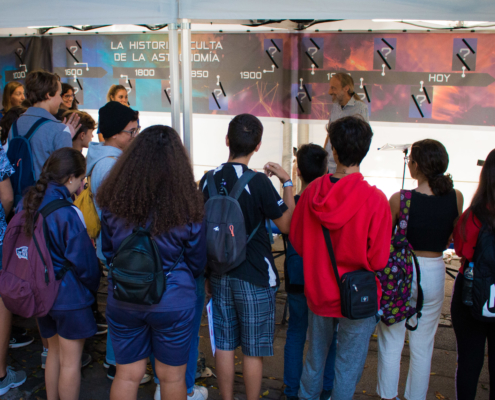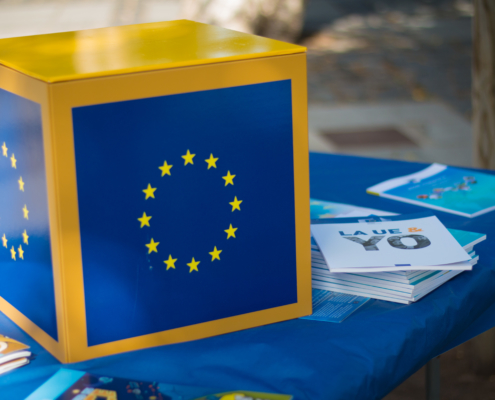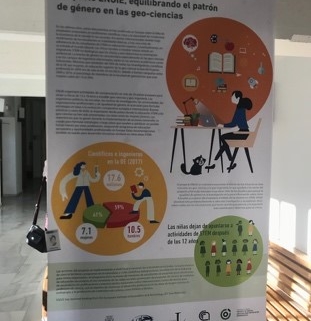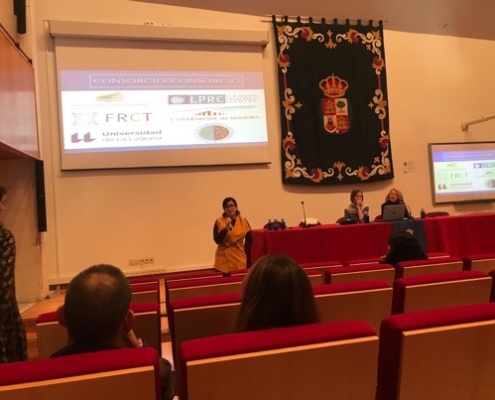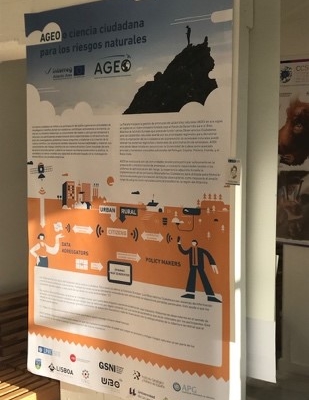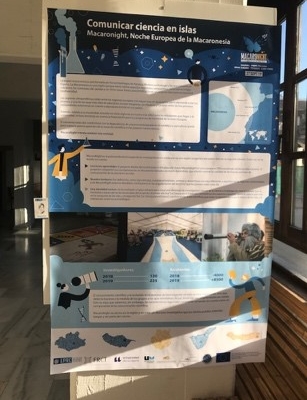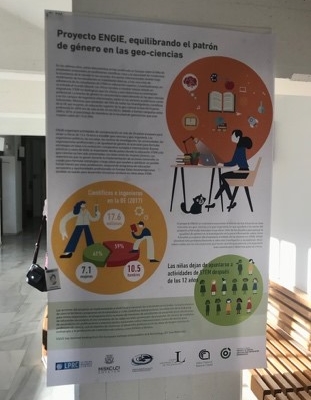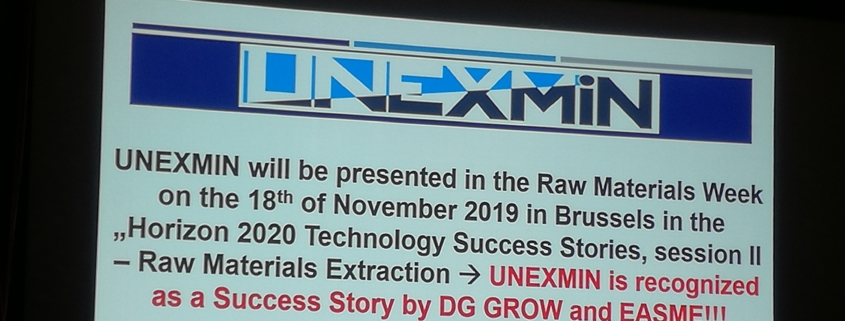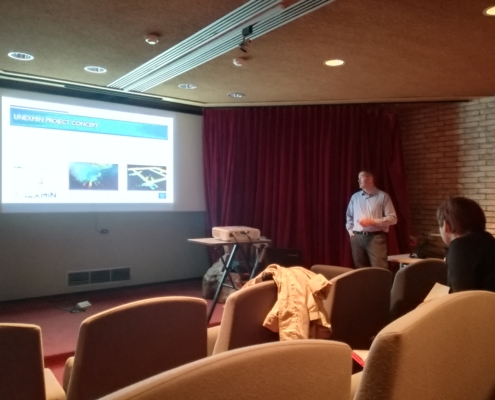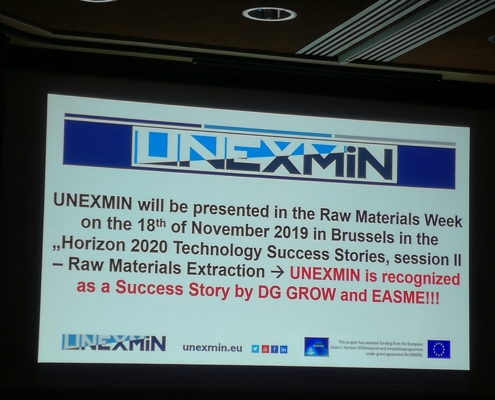AGEO project survey – Copernicus for geohazard risk reduction
The AGEO project, under its work programme, has developed a short survey to assess the use of Copernicus data for geohazard risk reduction in the Atlantic Area. Using Copernicus data to better prepare communities for geohazards, therefore reducing risks to human lives, is one of the goals of the project, and all input received is welcome.
This questionnaire aims to analyse the use of Copernicus products and services among geohazard risk reduction stakeholders in the Atlantic Area. The Platform for Atlantic Geohazard Risk Management (AGEO) is a new project co-financed under the Interreg Programme for the Atlantic Area, which aims to launch several Citizens’ Observatory pilots on geohazards according to regional priorities. These will demonstrate how citizens’ involvement in geohazard risks prevention can strengthen regional and national risk management systems.

